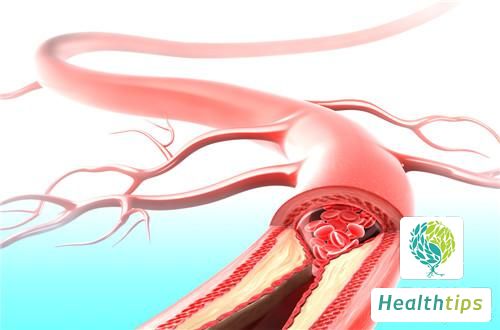1. What to Do When Feeling Pain in Veins after Injection
When there is a fever or flu, an injection may be needed if the condition is severe. Injections are generally more effective than oral medications. However, some people fear injections and report experiencing pain in the veins after the injection. This is a common clinical occurrence and can be alleviated through some simple methods. It does not pose a significant risk to the body, so there is no need for excessive worry. So, what should you do if you feel pain in your veins after an injection?
Firstly, pain in the veins after an injection usually occurs during intravenous infusion in superficial veins. If pain occurs during treatment, it may be due to the injection needle hitting the vessel wall. In this case, you may need to adjust the position of the needle or replace it with a cannula needle, which is made of plastic and less likely to irritate the vessel and cause pain. Another possibility is that the infusion rate of the medication is too fast, causing vasospasm or phlebitis due to irritation of the vessel. In this case, you can reduce the infusion rate, lower the concentration of the medication, or switch to a larger vessel for faster flow and reduced irritation.

If pain persists after the injection, you can apply topical ointments or vitamin E. A 50% magnesium sulfate wet compress can also be effective.
2. Can You Drink Alcohol after Receiving an Injection for a Cold?
Many people believe that a cold is a minor illness and therefore it doesn't matter if they drink alcohol or other beverages. However, this is not the case. During a cold, the body's resistance is weakened, and drinking alcohol can cause significant damage to the liver. If alcohol is consumed after receiving an injection for a cold, it can interact with the medication and cause adverse reactions such as facial flushing, conjunctival hyperemia, blurred vision, and even life-threatening situations. Therefore, it is crucial to avoid alcohol consumption for seven days after receiving an injection for a cold, especially if antibiotics such as cephalosporins have been administered.
3. Why Does Your Mouth Taste Bitter after an Injection?
A bitter taste in the mouth after receiving an antibiotic injection is a normal physiological reaction caused by the disruption of normal metabolism by western medications. Although it can be harmful to the body, it is necessary to treat the illness. Drinking plenty of water, engaging in appropriate activities, and improving metabolism can help alleviate the bitter taste. As for reducing scarring, it is recommended to consult a traditional Chinese medicine practitioner after recovery for effective treatment options. Remember to take care of your health and do not hesitate to seek medical attention when needed.
It is important to note that the bitter taste in the mouth after receiving an antibiotic injection is a normal physiological reaction and is not related to being overheated or having a fever. The bitter taste is caused by the disruption of normal metabolism by western medications, which can be harmful to the body. However, it is necessary to treat the illness, so it is recommended to drink plenty of water, engage in appropriate activities, and improve metabolism to alleviate the bitter taste.




















